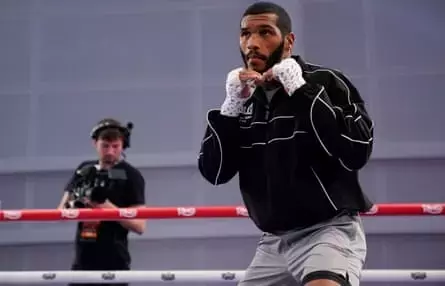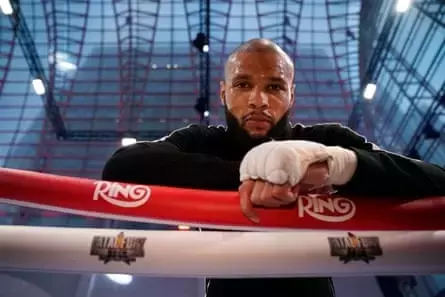



At the heart of this discourse lies an exploration of a peculiar sporting event that blurs the lines between genuine competition and staged entertainment. This fight, featuring Chris Eubank Jr and Conor Benn, is surrounded by intense media coverage yet lacks the essential elements that define true sportsmanship. It raises questions about authenticity in modern sports and the influence of commercial interests on what we perceive as legitimate contests. The narrative surrounding this event mirrors a psychological experiment conducted by Ivan Pavlov, where ambiguity led to confusion, much like the mixed signals emanating from this bout.
Questioning Authenticity in Modern Sports
This section delves into how contemporary sports events are increasingly becoming spectacles designed primarily for entertainment rather than competitive excellence. The Eubank Jr-Benn fight exemplifies this trend, with its heavy reliance on media hype and commercial partnerships overshadowing actual athletic merit. Despite being marketed as a pivotal moment in British boxing history, closer inspection reveals discrepancies in weight classes and career stages, suggesting that personal legacies and financial incentives drive this matchup more than any genuine rivalry or sporting achievement.
The comparison to Pavlov's experiment highlights how audiences are conditioned to respond positively to certain stimuli—here, the promise of a high-stakes boxing match—even when underlying realities contradict such expectations. In the case of Eubank Jr versus Benn, promotional strategies exploit familial connections and fabricated animosities to create interest where none naturally exists. Media outlets amplify these narratives through extensive coverage, ensuring maximum engagement regardless of whether the event holds substantive value beyond spectacle. Thus, the line between authentic sport and mere showmanship becomes increasingly indistinct.
Commercial Interests Shaping Sporting Events
Beyond individual participants, larger structural forces significantly impact how sporting events unfold today. For instance, corporate entities like Dazn collaborate closely with media conglomerates such as NewsCorp, which owns both the Sun and TalkSport, creating symbiotic relationships that prioritize profit over integrity. These collaborations result in aggressive promotion tactics aimed at maximizing viewership and revenue generation, often at the expense of transparency regarding event details or participant safety.
Examining Eddie Hearn's role within this context reveals further complexities. While charismatic and effective in his presentations, Hearn's statements frequently lack credibility due to their alignment with business objectives rather than genuine sporting values. His involvement underscores broader issues concerning ownership structures in professional sports, particularly in regions like Saudi Arabia, where state interests intersect with global sports governance bodies like FIFA. Such intersections raise concerns about fairness, accountability, and long-term sustainability in elite-level competitions. Ultimately, the Eubank Jr-Benn fight serves as a microcosm reflecting broader trends reshaping modern sports into commercially driven enterprises prioritizing form over substance.
